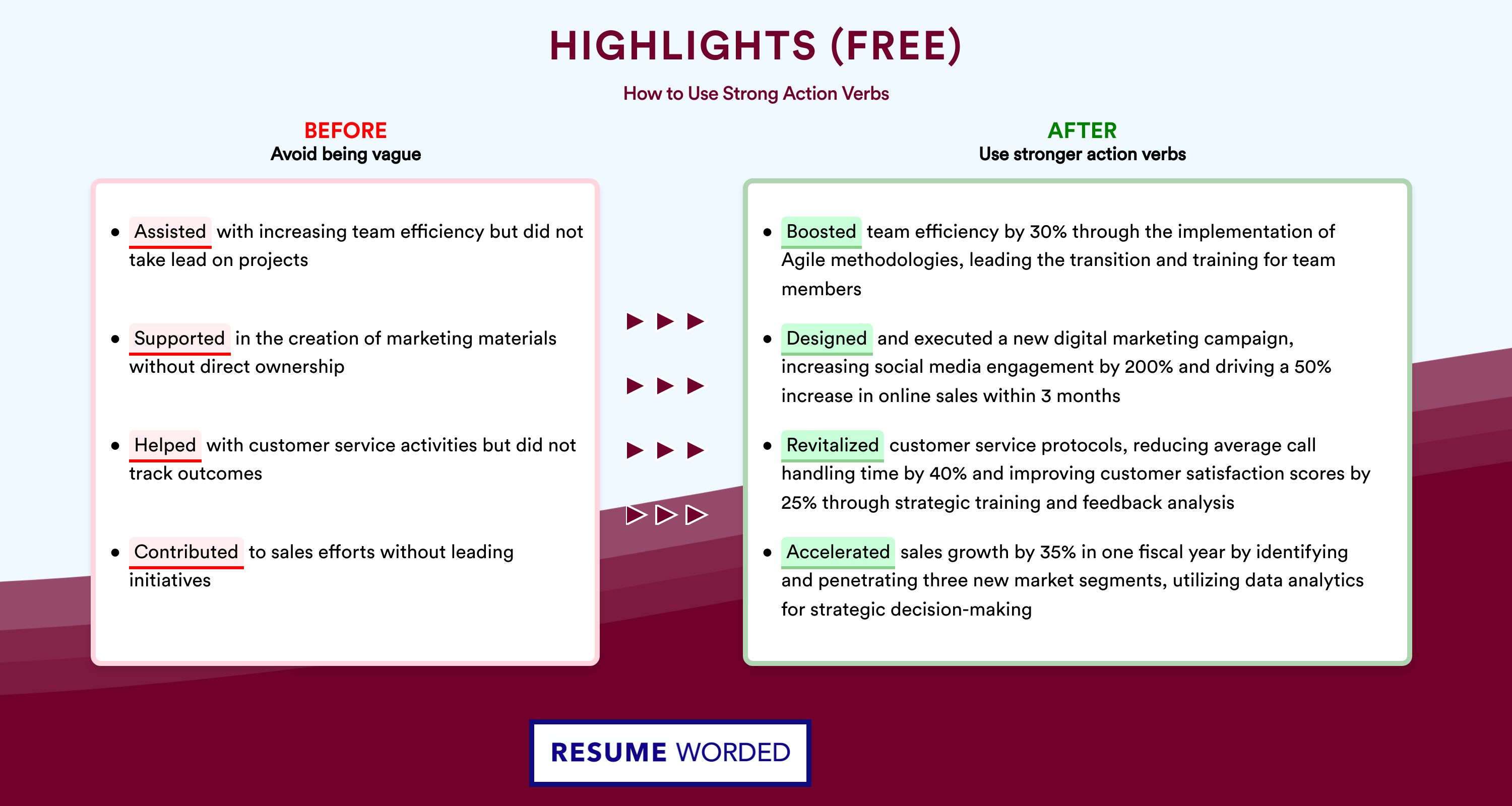All Categories
Featured
Table of Contents

Connect these problems to appropriate project groups, follow through up until there's a solution, and report the client resolution. Make sure that all jobs are following their budget plans and distribution times. Make a routine of tracking project turning points and dependences. Include these points in your routine records. Work together with other pertinent departments, consisting of the item, sales, and assistance departments.
Create a system to strategy, track, and paper every program you manage. Provide routine responses to core teams, including the item group, design group, and development group. A bachelor's degree in computer system science or a related field is required. A minimum of 4-6 years of experience in program management with IT projects is important.
Innovation is nitty-gritty when it comes to the innovation market, and within that standard, there's a behind-the-scenes orchestrator making certain everything runs seamlesslythe Technical Program Supervisor (TPM). This unrecognized hero plays a pivotal duty in the success of technology projects, bringing order to disorder and making sure that the equipments of advancement turn efficiently.
What Is A Technical Program Manager?
It's a fragile dancing between setting enthusiastic goals and guaranteeing assumptions stay strongly grounded in truth - amazon technical program manager. technical program manager interview tips. It's not just concerning developing a strategy; it's regarding performing it flawlessly. TPMs wear the hats of both visionary organizers and pragmatic administrators, ensuring that every step lines up with the overarching project purposes

In the substantial landscape of tech tasks, efficient communication is the bridge that links disparate teams and stakeholders. Below, TPMs beam as experienced translators, decoding the detailed language of technology for non-technical stakeholders. They connect the void, ensuring that everyone, no matter of their technical history, recognizes the job's objectives and development.
They have the foresight to identify possible challenges, varying from unforeseen technological obstacles to external factors past the team's control. TPMs develop strategies to minimize dangers, making certain that the project cruises with rainy climate with durability.
Here, TPMs take on the role of allocators-in-chief, tactically dispersing resources to enhance effectiveness. As the job landscape shifts, TPMs reapportion resources dynamically, making sure that the group continues to be active and receptive.
What Is A Technical Program Manager?
TPMs, in this respect, come to be the gatekeepers of excellence. They established strict requirements for every element of the project, from code to layout, making certain that the end product satisfies or goes beyond the specified criteria.
TPMs create a culture where excellence is not just a goal however a habit, penetrating every aspect of the task. With their thorough oversight, they infuse self-confidence in stakeholders and add to the lasting success and online reputation of the organization. Being an effective TPM needs greater than simply a knack for job monitoring.
What are the key responsibilities of a To Become A Tpm?
While TPMs may not be coding wizards, they need a strong understanding of the technological landscape. This includes experience with the modern technologies included, a recognition of sector trends, and the ability to comprehend the effects of technological decisions. Leading without authority is a TPM's superpower. They have to motivate and assist groups made up of people from numerous divisions, each with their very own goals and concerns.
TPMs are the interaction nexus of a task. Whether it's communicating complex technological details to a non-technical audience or fostering partnership among group members, effective communication is non-negotiable.
As modern technology evolves, so does the duty of the TPM. Agile has come to be much more than just a buzzword; it's a means of life for several TPMs.
, has become a keystone in the TPM's toolkit. In the age of large information, TPMs are progressively counting on data-driven insights to inform their decision-making procedures.
What interview questions should I expect as a Tpm Roadmap?

Unlike traditional task supervisors, TPMs need to deeply comprehend the technological elements of the projects they handle. This twin expertise enables them to connect with engineering teams successfully, recognize technological obstacles, and make certain that jobs are finished on time and within budget. Whether you're looking to work with a TPM or become one, comprehending the obligations and skill collections needed is critical for success in the technology sector.
The courses cover important subjects such as job lifecycle management, threat evaluation, source allowance, and software application development processes. With a concentrate on real-world applications, our training guarantees you are prepared to take care of the complexities of technical projects in any kind of industry. Earning a qualification can significantly enhance your career prospects, demonstrating to companies that you have the expertise and skills needed to be successful in a TPM function.
From start-ups to Fortune 500 business, companies around the world are looking for certified experts to lead their technical programs. Whether you're seeking to hire a TPM or have an interest in TPM tasks, TPM Institute can help you navigate the job market and connect you with the right possibilities. Our training courses are not just about discovering; they have to do with releasing your occupation in one of the most popular areas in the tech market.
Our are committed to giving you with the most effective possible education, supplying insights grounded in real-world experience. They are committed to assisting you accomplish your qualification and do well in your occupation. To learn more concerning our programs and qualifications, at Take the following action in your job with TPM Institute and come to be a leader in technological program administration.
Program Management Certification For Tech
There's a propensity for folks to move towards extremes when conceptualizing technological program managers. They're often described as either always participating in coding or not at all. The fact is there is a spectrum of technological deepness among TPMs, and this frequently differs by job and customer. Some projects call for a leader with simply enough technological deepness to understand technology design and trade-offs.
They can express intricate technological ideas to non-technical stakeholders and help with collaboration between varied teams. TPMs succeed at determining and dealing with concerns that emerge throughout task implementation, making sure that jobs stay on schedule and within budget plan. They motivate and assist their groups, fostering cooperation, innovation, and constant renovation. TPMs' duties can vary relying on the company and the particular task they're working with.
TPMs work to guarantee that all staff member are working towards the exact same purposes, stopping miscommunication and squandered effort. They anticipate and adapt to modifications in project requirements, making certain that jobs can pivot smoothly when required. TPMs proactively attend to prospective problems, lowering the likelihood of project delays and failings. They encourage their groups to try out new ideas and modern technologies, driving continuous enhancement and growth.
TPMs function to make sure that all group members are functioning in the direction of the exact same goals, avoiding miscommunication and wasted initiative. TPMs proactively attend to possible problems, reducing the likelihood of task delays and failures.
Table of Contents
Latest Posts
Why Faang Companies Focus On Problem-solving Skills In Interviews
Embedded Software Engineer Interview Questions & How To Prepare
Top Software Engineering Interview Questions And How To Answer Them
More
Latest Posts
Why Faang Companies Focus On Problem-solving Skills In Interviews
Embedded Software Engineer Interview Questions & How To Prepare
Top Software Engineering Interview Questions And How To Answer Them